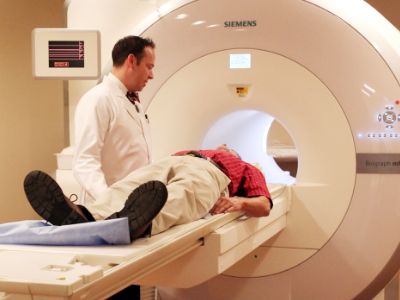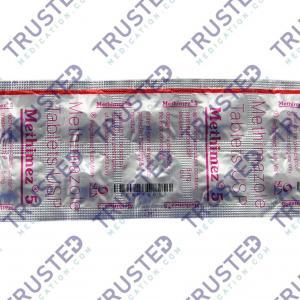
Pulmonary embolism is a blockage in one of the pulmonary arteries in your lungs. The majority of pulmonary embolism cases are caused by blood clots that travel into the lungs from deep veins in the legs but rarely do they travel from other parts of the body as well. A pulmonary embolism can be life-threatening since the clots block blood flow to the lungs. You can minimize your risk of pulmonary embolism by preventing blood clots in your legs.
Is Pulmonary Embolism a Serious Condition?
A pulmonary embolism may dissolve on its own and it is rarely fatal when diagnosed and treated properly. If left untreated, it can be serious, leading to other medical complications, including death. A pulmonary embolism can also cause heart damage and life-threatening depending on the size of the clot.

Symptoms of Pulmonary Embolism
- Sudden shortness of breath
- Chest pain
- Anxiety
- Lightheadedness, fainting, and dizziness
- Irregular heartbeat
- Palpitations
- Coughing up blood
- Sweating
What Causes Pulmonary Embolism?
Pulmonary embolisms occur when a clump of material, most often a blood clot, obstructs an artery in the lungs. These blood clots most commonly come from the deep veins of your legs. In many cases, multiple clots are involved in pulmonary embolism. The portions of the lung served by each blocked artery are robbed of blood and may die.
Consequently, your lungs have a harder time providing oxygen to the rest of your body. Sometimes, blockages in the blood vessels are caused by substances other than blood clots fat from the marrow of a broken long bone, or maybe a part of a tumor.
Risk Factors of Pulmonary Embolism
- Disorders that affect clotting. Some inherited disorders affect the blood, making it more prone to clot.
- Bed rest. Long periods of horizontal motion cause the venous blood flow to slow, resulting in blood pooling in the legs, and possibly blood clots.
- Smoking. Smoking, especially when combined with other factors, predisposes some people to blood clot formation for reasons that are not fully understood.
- Being overweight. Excess weight increases the risk of blood clots in people with other risk factors.
- Supplemental estrogen. Hormone replacement therapy and birth control pills contain estrogen, which can cause clotting factors in your blood to increase, especially if you smoke or are overweight.
- Pregnancy. A pregnant woman’s weight pressing on pelvic veins can prevent blood from returning to her legs. Clots are more likely to form when blood slows or pools.
Diagnosing Pulmonary Embolism
Pulmonary embolism can be difficult to diagnose, especially in people who have underlying heart or lung disease. Your doctor will likely discuss your medical history, do a physical exam, and order one or more of the following tests:

- Blood test
- Chest X-ray
- Ultrasound
- CT pulmonary angiography
- Ventilation-perfusion scan
- Pulmonary angiogram
- MRI
Treatment for Pulmonary Embolism
Treatment of pulmonary embolism is aimed at keeping the blood clot from getting bigger and preventing new clots from forming. Doctors may also recommend anticoagulants or blood thinners and surgical methods. You can also use Veinotonic medicines products such as:








